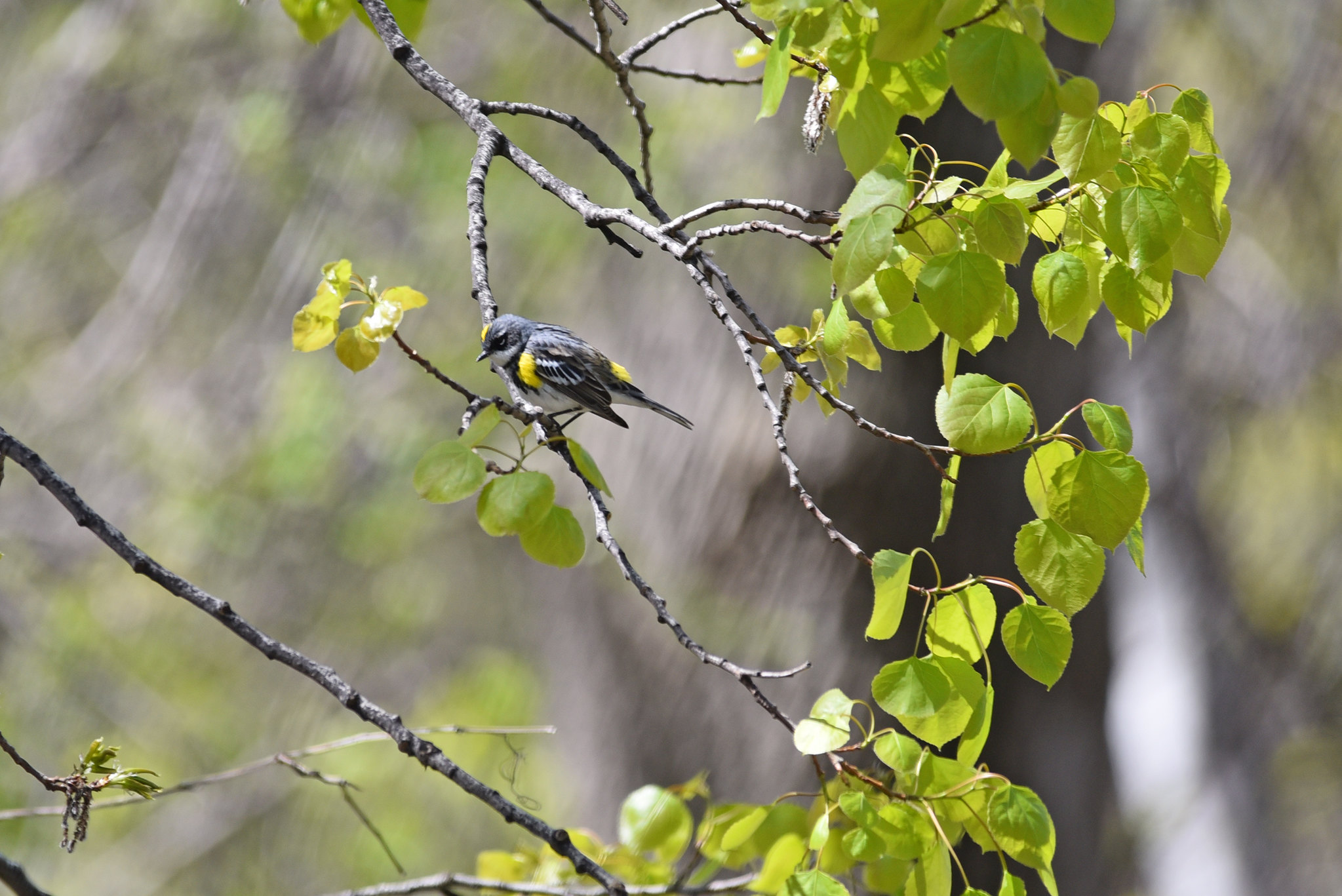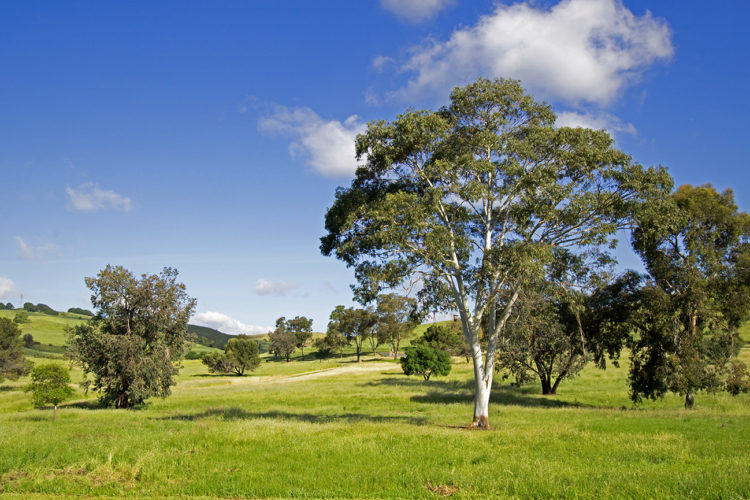We have much more to do and your continued support is needed now more than ever.
It’s Ok to be Shady: The importance of our TREEmendous neighbors

They hear everything you say, see everything that you do but they never tell your secrets! Plus on a really hot day, they’ve got you covered!
While that may be a really good reason to keep them around, there are many more reasons why we should all be hugging our very best neighbors.
Fresh Air
We all know that trees provide oxygen for us to breathe but did you know that they help to reduce ozone levels in urban areas? This helps clear smog, making for much fresher air in industrial cities.
Did you hear that?
If you live near a busy highway with trees serving as a barrier, chances are that you hear a lot less noise coming from that highway than you would if there were no trees. Trees absorb sound and reduce noise pollution.
Feeling a little shady?

We all love a good dose of shade, right? Nope, not that shade, I’m talking shade provided by trees. Have you ever walked through a neighborhood full of trees and noticed that it is much cooler than a neighborhood without them? That’s because trees cover the pavement blocking out the sun, reducing the amount of heat bouncing off of the pavement, and heating up the neighborhood.
Cities around the country are experiencing record-breaking temperatures this summer. New Orleans Mayor Latoya Cantrell, a member of the African American Mayor Association, has committed New Orleans to an initiative expanding urban green space. The initiative’s goal is to cool the city and reducing flooding.
“Investing in nature-based infrastructure improvements has long been a focus of my administration’s adaptation strategy,” Cantrell said. “This is an example of how we are playing to our strengths, using our natural climate to our advantage instead of trying to fight it.”
Trees save money
In addition to trees providing shelter for birds, squirrels, and other city wildlife—which keeps them from moving in with you—they also save you money! Trees help cut down on energy costs. Check out this blog from the National Wildlife Federation that explains just how much money trees can save communities.






















